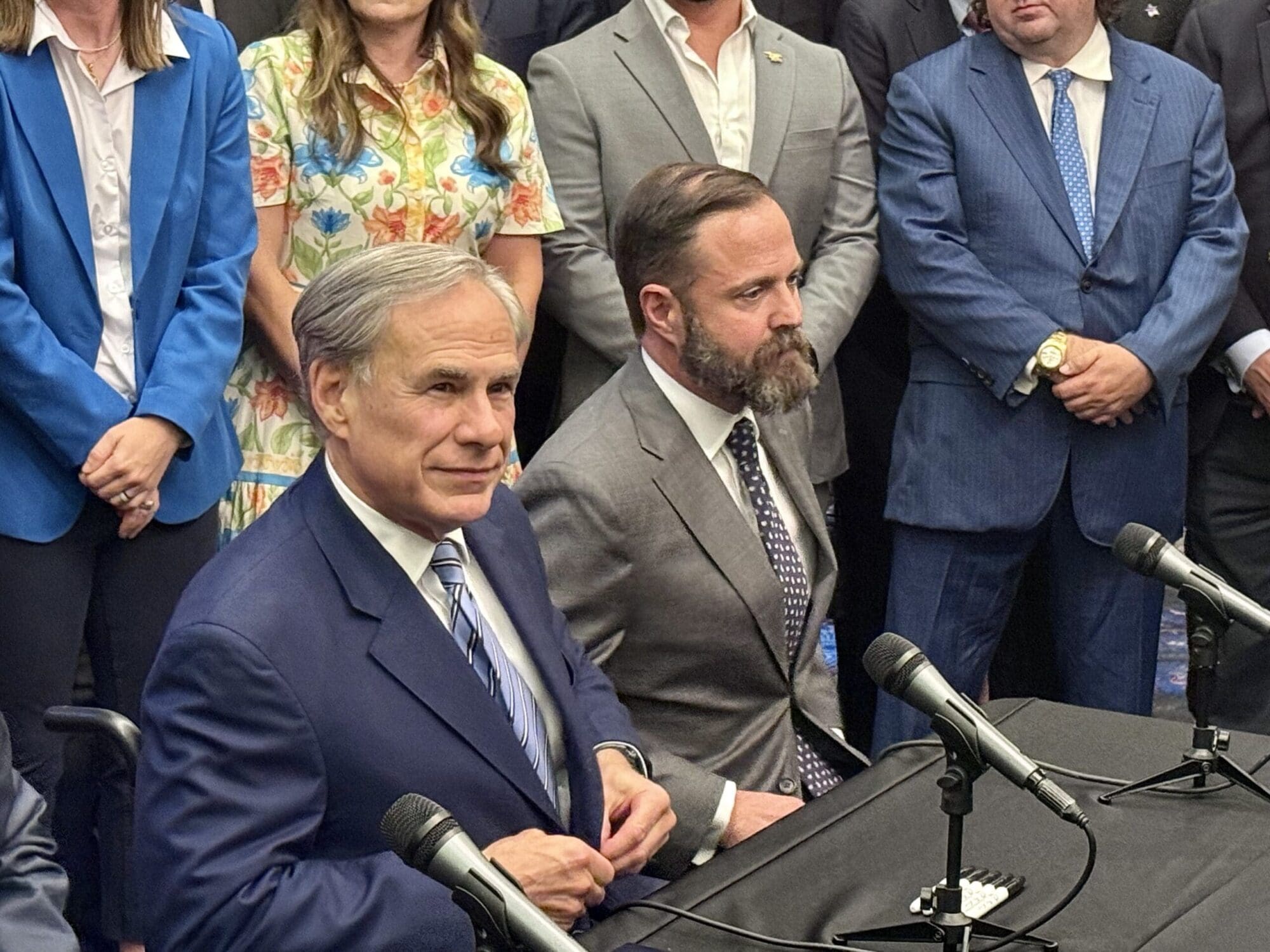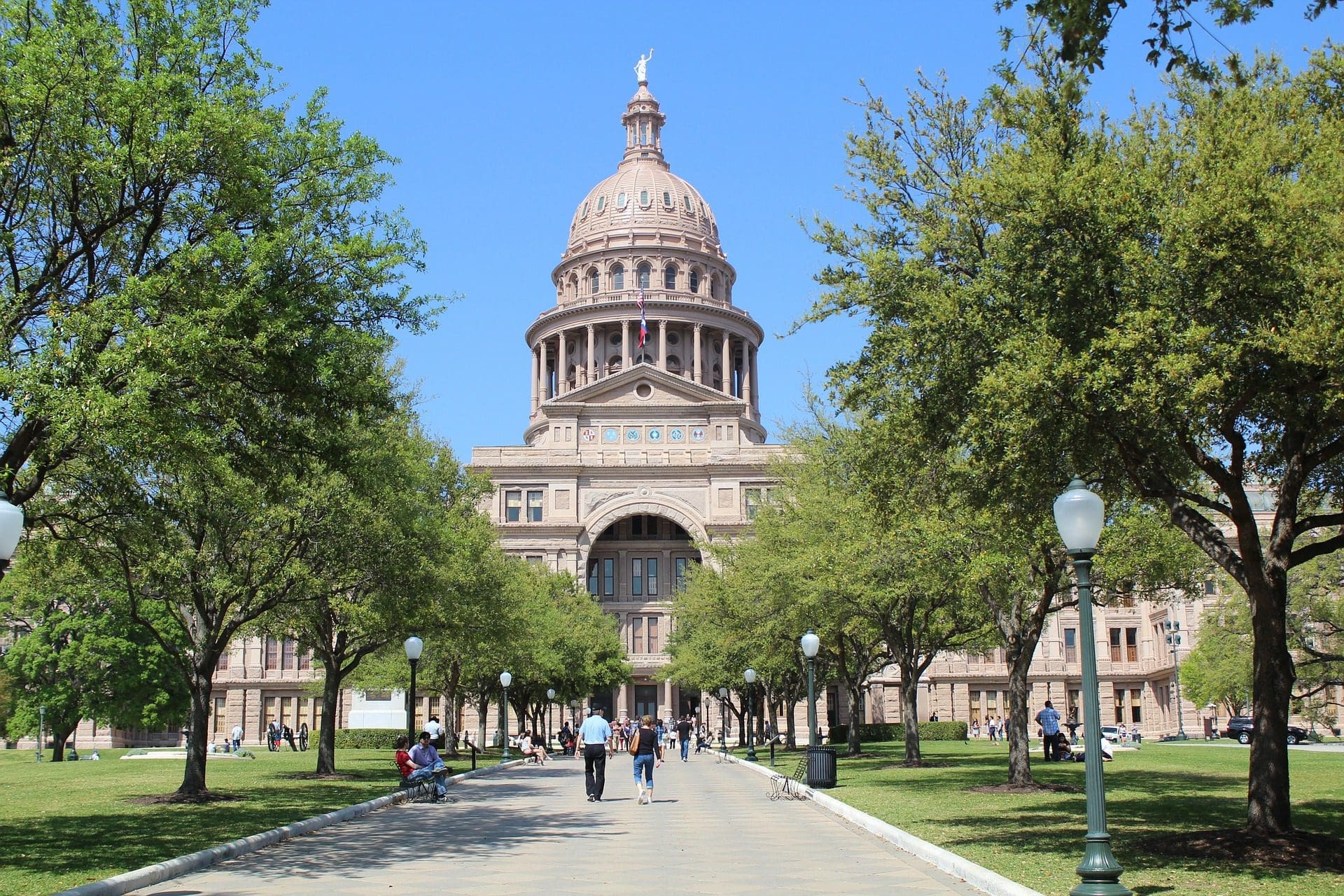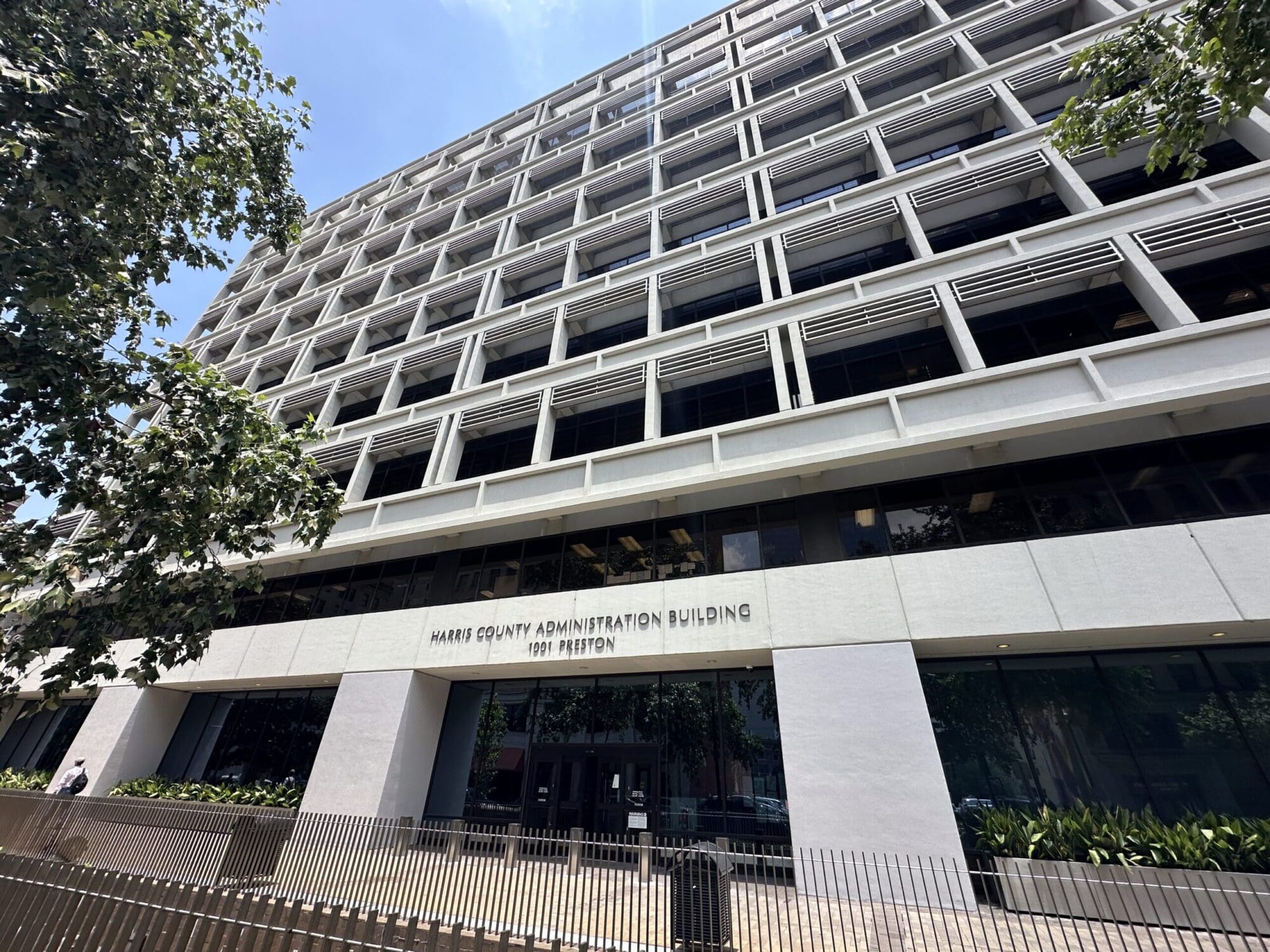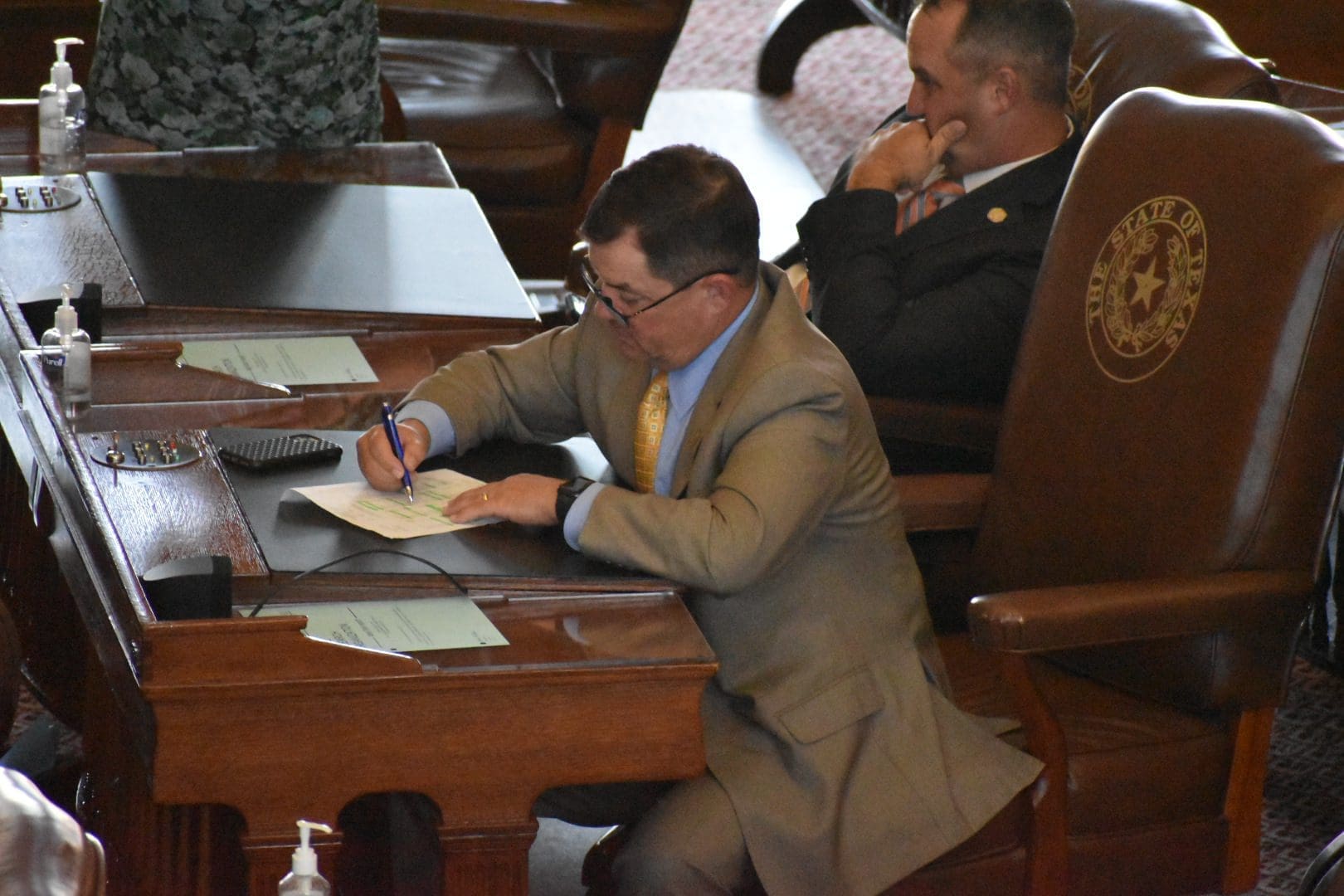The City of Dallas has been exposed for keeping billions in “hidden” debt from its financial statements. According to a recent report, Dallas currently has the third highest taxpayer burden in the nation, driven primarily by unfunded pension obligations that are held off the books.
A recent article by Watchdog.org cited the findings of the Chicago-based transparency group Truth in Accounting (TIA), who found that three Texas cities – Dallas, Houston and San Antonio – rank amongst the top ten cities with the highest total “taxpayer burden” nationally.
TIA defines the taxpayer burden as the amount each taxpayer would have to pay for the city to be completely debt-free of all current and future promises.
“TIA researchers analyze the city’s 2014 financial report and found that Dallas is hiding $6 billion of debt from its 2014 balance sheet,” wrote TIA, in its report. “This hidden debt is a result of outdated accounting methods used by city government officials, which allow a vast amount of pension and retirees’ health care benefits to be excluded from the city’s financial reporting…[Net of all city assets] each individual [taxpayer’s] share is $17,900.”
Government accounting standards are less transparent than regulations foisted on private corporations, since governments are not required to use accrual-based accounting. This allows government to hide long-term liabilities such as future pension obligations off the books.
This same accounting gimmick allows state legislators to falsely claim a “fully funded” teacher’s retirement fund each session, while actuarially kicking the can down the road by leaving behind millions in future, unfunded liabilities.
Since unfunded pensions are costly for taxpayers and risky for government workers, transparency efforts designed to expose sweetheart pension deals are strongly opposed by government-employee unions. Pension recklessness has already bankrupted numerous cities in California, Pennsylvania, and Michigan.
Taxpayer transparency is the first incremental step to both tax and debt reform. After all, taxpayers must be able to first see a problem if they ever hope to demand reform from their representatives.
But two of the biggest obstructions to reform are the tax-funded lobbyists hired by cities, counties and schools, and the ability of local governments to aid public employee unions in collecting their own dues, which in turn fund the reelection efforts of liberal politicians who shamelessly thwart taxpayers.
Under current state law, it’s legal for local governments to spend millions in taxpayer money on lobbyists to wine and dine legislators.
The law also allows for local politicians and bureaucrats to collude with their own employees’ politically active unions by automatically collecting and sending them their member’s dues. The unions then funnel millions back to the same big-government politicians who obstruct pro-taxpayer and pro-worker efforts that would require greater government transparency and pension reform.
Although ninety-nine percent of political contributions from unions are given to Democrats, the largest Republican recipients in Texas are House Speaker Joe Straus (R-San Antonio) and his chief lieutenant Rep. Charlie Geren (R-Fort Worth).
That explains why the Paycheck Protection bill (SB 1968) that passed the Senate was ultimately killed by Straus’ favorite reform-killer, State Affairs Committee Chairman Rep. Byron Cook (R-Corsicana).




